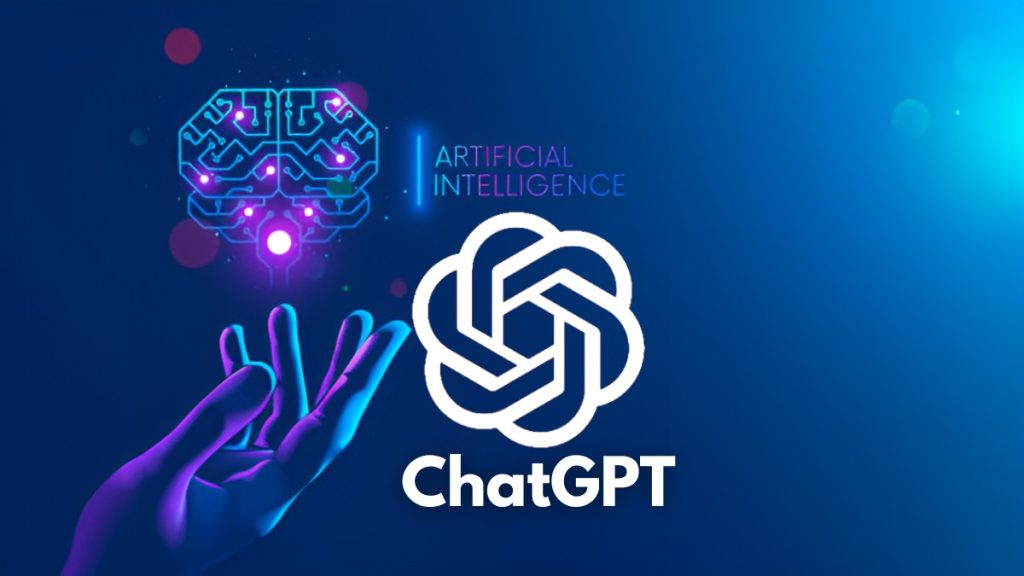OpenAI, the artificial intelligence research lab, has been making headlines recently with the release of ChatGPT-4, the latest iteration of its Large Language Model (LLM). However, reports have already surfaced about the development of ChatGPT-5, with rumors suggesting that OpenAI expects to complete its training by the end of 2023.

The details surrounding GPT-5 remain murky, as OpenAI has not publicly discussed the project. However, a tweet by developer Siqi Chen has suggested that some individuals within the company believe that GPT-5 could achieve Artificial General Intelligence (AGI), a significant milestone in the development of AI that would mark the point at which machines can display human-like understanding and intelligence.
It is unclear at this time whether GPT-5 will actually achieve AGI, and Chen later clarified that his original tweet was not representative of a consensus within OpenAI. Nevertheless, the potential for GPT-5 to surpass the capabilities of GPT-4 is significant, given that the latter is already capable of analyzing both text and images, performing complex tasks, and displaying creativity.
Microsoft is already using GPT-4 for its new Bing search engine, which was launched in preview earlier this year. GPT-4’s advanced capabilities have already been put to use in a variety of applications, and it seems likely that GPT-5 will be even more capable.
Despite the potential for GPT-5 to advance the state of the art in AI, there remain significant concerns about the idea of machines achieving human-level intelligence and understanding. While some reports have suggested that ChatGPT has already passed the Turing test, which evaluates a machine’s ability to exhibit intelligent behavior that is indistinguishable from that of a human, other experts have disputed this claim.
We might get an intermediate ChatGPT version before GPT-5, with OpenAI expecting GPT-4.5 to launch in September or October. Nevertheless, the continued evolution of OpenAI’s LLMs represents an exciting development in the field of AI and natural language processing.
RELATED:
- Google Accused of Stealing ChatGPT: Is There Truth Behind the Claims?
- Man claims ChatGPT saved his dog’s life after vets couldn’t make proper diagnosis
- Cerebras Systems Unveils Open Source ChatGPT-like AI Models
- The AI Crime Wave: Police Warn of ChatGPT’s Dark Side
- Microsoft threatens to restrict Bing search data access to AI chatbot competitors
- China’s AI ambitions hindered by funding and chip import issues
(Via)





